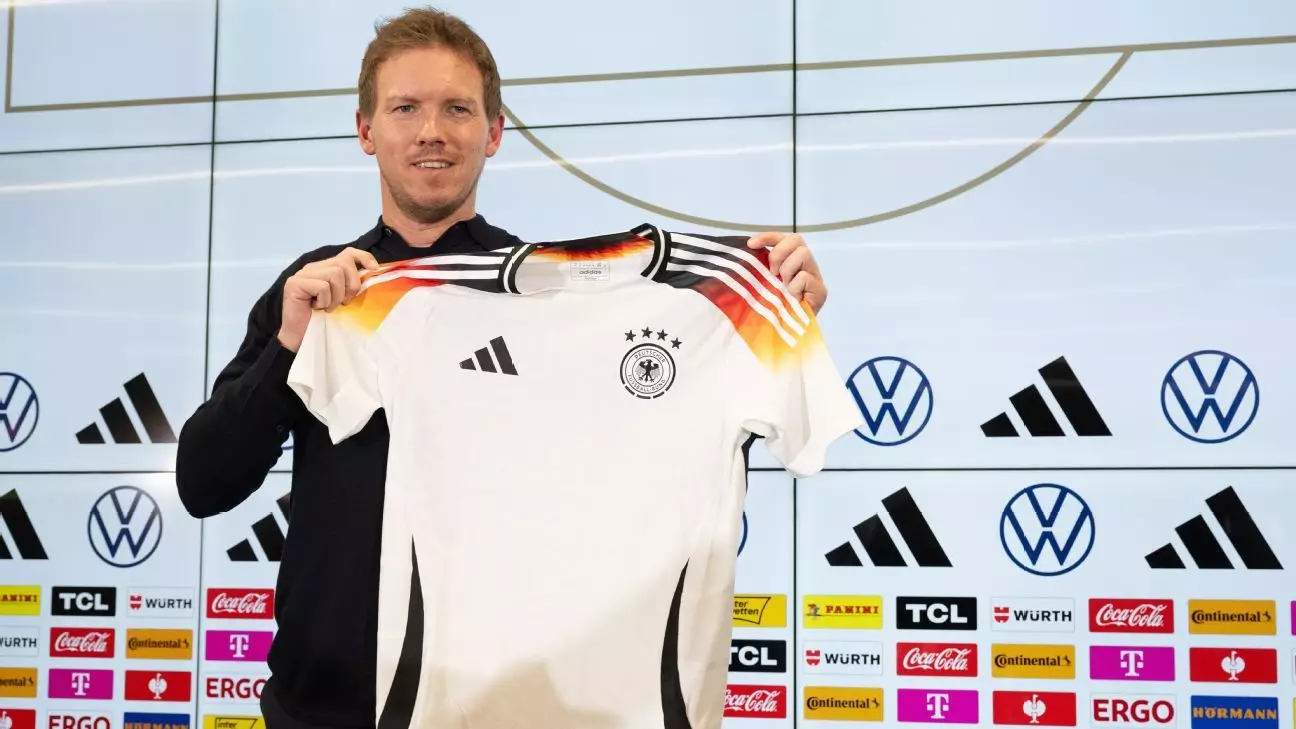In a surprising move, the German soccer federation (DFB) announced that they will be ending their long-standing relationship with Adidas and switching to their biggest rival, Nike, from 2027 until 2034. This decision marks the end of a partnership that has lasted for over 70 years, with German teams having worn Adidas gear for all of their major victories in international competitions.
The DFB defended their switch to Nike by highlighting the economic benefits of the new deal. According to the federation, Nike made the best financial offer in a transparent and non-discriminatory tender process. This partnership with Nike will enable the DFB to continue investing in soccer development in Germany, supporting more than 24,000 clubs and 2.2 million active players.
In addition to the financial aspect, the DFB praised Nike’s substantive vision for the future of German soccer. Nike’s commitment to the promotion of amateur and grassroots sports, as well as sustainable development of women’s soccer in Germany, played a key role in the decision to switch kit suppliers. This vision aligns with the DFB’s goals for soccer development in the country.
While the DFB expressed excitement for their future partnership with Nike, they also acknowledged the significance of ending their long-standing relationship with Adidas. Adi Dassler, the founder of the German sportswear brand, had deep ties to German soccer, dating back to the first World Cup victory in 1954. The decision to part ways with Adidas was not taken lightly, as the company has played a crucial role in the success of German soccer over the decades.
The decision to switch from Adidas to Nike has not been met with universal approval in Germany. Many, like German Vice Chancellor Robert Habeck, have expressed their sentiment that Adidas and the German national team’s iconic three stripes are inseparable. The emotional connection between Adidas and German soccer runs deep, making the transition to Nike a challenging one for some fans and stakeholders.
As Germany prepares to host Euro 2024 and embarks on a new chapter with Nike as their kit supplier, the future of German soccer is filled with uncertainty and possibility. The DFB’s decision reflects a strategic move towards securing economic stability and advancing soccer development in the country. While the end of an era with Adidas may be bittersweet, the potential for growth and innovation with Nike is on the horizon.

Leave a Reply